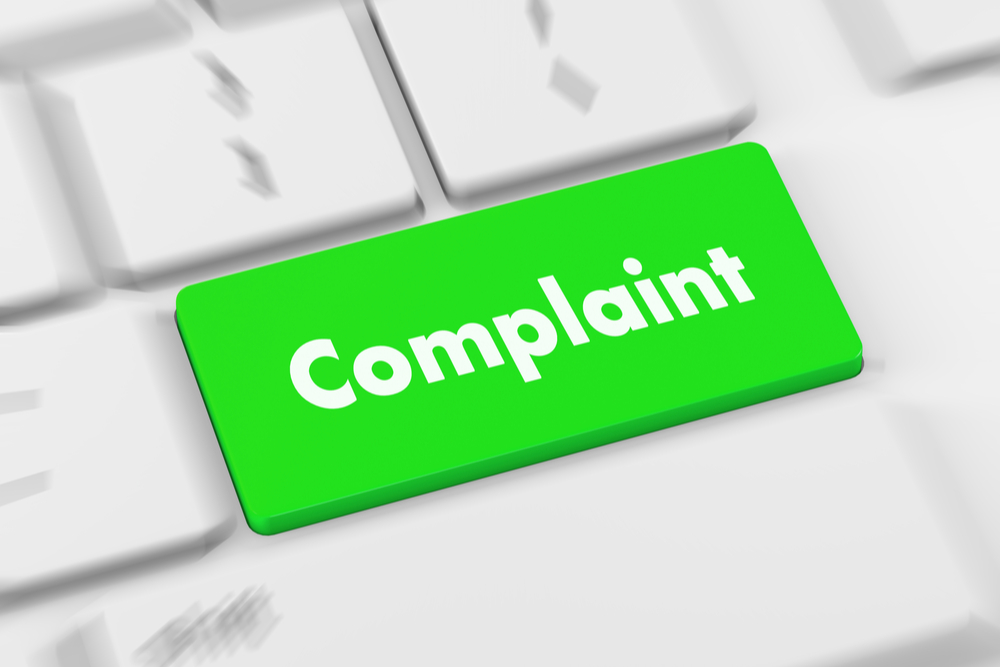The current complaints handling system in the telecommunications and internet industry isn’t working.
That’s the message from the Federal Government’s new Consumer Safeguards Review, the first stage of which was released in a consultation paper this week.
Under current rules, consumer complaints are handled first by the service providers and then escalated to the Telecommunications Industry Ombudsman (TIO), an industry-funded and managed oversight body for handling consumer issues.
Under the new proposal, the TIO would essentially be replaced by an independent External Dispute Resolution (EDR) body, with the remit to deal with complaints from wholesale to retail.
The EDR would operate under the supervision of the Australian Communication and Media Authority (ACMA), the government body in charge of industry regulation.
According to the proposal paper, “the independent EDR body should… have the power to compel providers to take remedial or redress actions to resolve complaints where appropriate, which could include financial compensation to consumers or the ability to issue fines or other forms of remedy depending on the case.”
It would, according to the proposal, be financed by a levy on telecommunications service providers, “with the level of funding apportioned based on the number of complaints received about each provider.”
Too many complaints
The move comes after another year in which complaints escalated to the TIO reached exceedingly high levels, approaching the record highs of 2012-2013.
In the TIO’s 2016/2017 Annual Report, it revealed 158,016 complaints made their way to the Ombudsman, which was a 41.1% increase on the previous year.
The consultation paper compared that to Canada, which has 12.2 million more people than Australia, yet its telecommunications complaint scheme only reported 9097 complaints in the same period.
It also compares poorly with other industries; for example, the Financial Ombudsman Service received 39,479 complaints in the same year.
“Consumers are fed up with poor service and inadequate safeguards when their telco fails to address a complaint,” said Minister for Communications, Senator Mitch Fifield in a release.
“Complaints about customer service and billing continue to be the top issues reported to the Telecommunications Industry Ombudsman (TIO), and complaints in Australia are far too high.”
The consultation paper echoed this point. “Consumers are frustrated with the lack of effective consumer care and their inability to satisfactorily resolve complaints raised directly with their service provider,” it said.
“By the time a consumer escalates a complaint to the TIO, they have already spent some time trying to resolve the matter directly with their provider and may experience further frustration with the time taken to reach an outcome through the TIO’s complaint handling process.”
The Australian Communications Consumer Action Network (ACCAN) raised concerns about the proposed scheme, however.
ACANN stated that under the new proposal, only 'complex' issues could be escalated to the EDR.
Under the current system any complaint (complex or not) can be escalated to the TIO.
"The TIO has been delivering well for consumers, so it would be a backward step if the Government’s review resulted in changes that diminished its role and made complaints more difficult to resolve from a consumer perspective," said ACCAN CEO Teresa Corbin.
For its part, the TIO only released a terse statement in response the release of the consultation paper.
“We believe the assertions and ideas set out in the paper need to be tested,” the statement said.
“In particular, we will be testing the propositions that consumers (especially vulnerable consumers) will have the capacity to work with providers in the model being proposed, and that a new body is needed to achieve greater independence in dispute resolution.”
Labor, meanwhile, took the opportunity to once again take a jab at the Federal Government’s handling of the NBN rollout.
“While the Government is focussed on who handles complaints and how they are reported, the real priority is to fix the root causes of problems: second-rate technology, lack of transparency, and the lack of proper service standards for rectifying faults and minimising downtime,” said Acting Shadow Minister for Communications, Stephen Jones.









